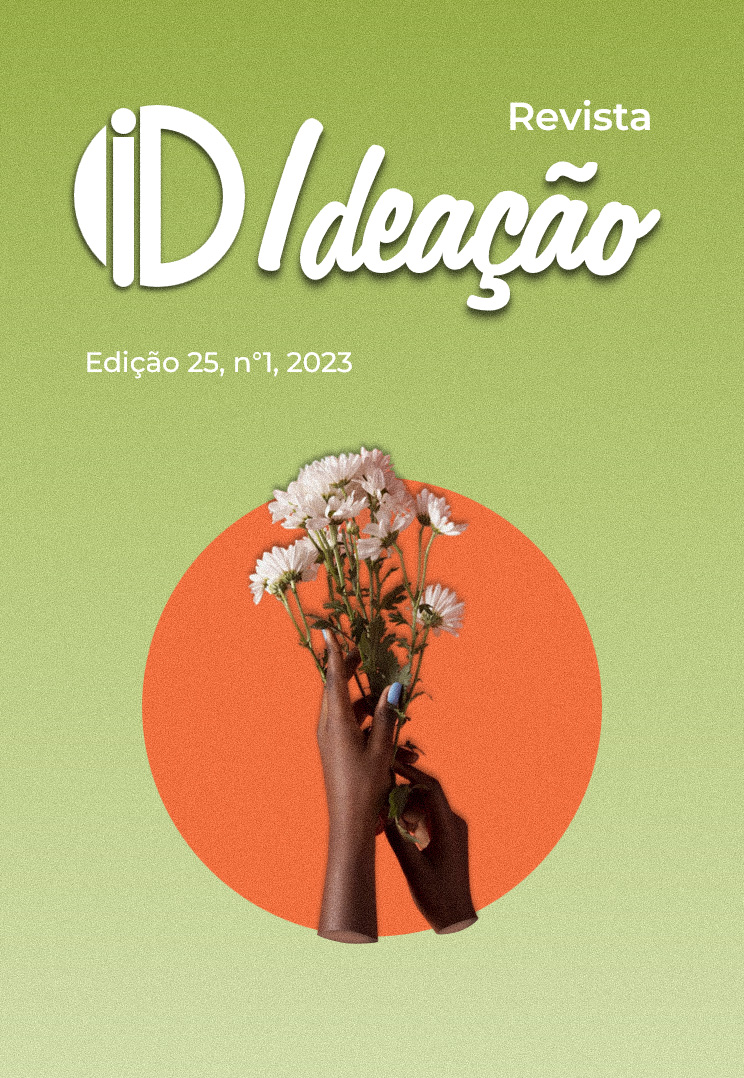Maternidade e cárcere
DOI:
https://doi.org/10.48075/ri.v25i1.30070Palavras-chave:
Maternidade, Cárcere, Direito à saúdeResumo
Fruto de uma dissertação de mestrado apresentado a Universidade Federal Fluminense, o presente artigo tem por objetivo analisar o direito à saúde das mulheres grávidas, puérperas e lactantes inseridas nos presídios do Estado do Rio de Janeiro. Tendo em vista que a população carcerária feminina aumentou 656% em 16 anos, tornando-se imprescindível averiguar se o ambiente penal se encontra capacitado para receber essa parcela da população. A pesquisa foi desenvolvida através de pesquisa bibliográfica e documental, utilizando-se de legislações internacionais como as Regras de Bangkok para confrontar a norma com a realidade descrita nos artigos científicos que tiverem como metodologia a pesquisa empírica. Entretanto, os resultados apresentados evidenciam que existe muita norma para pouco direito, isto é, apesar da vasta quantidade de normas internas e externas que protegem a mulher presa que esteja grávida, lactante ou puérpera, na realidade os mecanismos não se encontram presentes de fato na atualidade, gerando como consequência para essas mulheres e seus filhos além de prejuízos a saúde física, um desgaste mental, com a sensação iminente de perda da sua prole.
Downloads
Publicado
Como Citar
Edição
Seção
Licença
Copyright (c) 2022 Direitos partilhados conforme licença CC BY-NC-SA 4.0

Este trabalho está licenciado sob uma licença Creative Commons Attribution-NonCommercial-ShareAlike 4.0 International License.
Política para Periódicos de Acesso Livre
Autores que publicam nesta revista concordam com os seguintes termos:
1. Autores mantém os direitos autorais e concedem à revista o direito de primeira publicação, com o trabalho simultaneamente licenciado sob a Licença Creative Commons Attribution que permite o compartilhamento do trabalho com reconhecimento da autoria e publicação inicial nesta revista.
2. Autores têm autorização para assumir contratos adicionais separadamente, para distribuição não-exclusiva da versão do trabalho publicada nesta revista (ex.: publicar em repositório institucional ou como capítulo de livro), com reconhecimento de autoria e publicação inicial nesta revista.
3. Autores têm permissão e são estimulados a publicar e distribuir seu trabalho online (ex.: em repositórios institucionais ou na sua página pessoal) a qualquer ponto antes ou durante o processo editorial, já que isso pode gerar alterações produtivas, bem como aumentar o impacto e a citação do trabalho publicado (Veja O Efeito do Acesso Livre).
Licença Creative Commons
Esta obra está licenciada com uma Licença Creative Commons Atribuição-NãoComercial-CompartilhaIgual 4.0 Internacional, o que permite compartilhar, copiar, distribuir, exibir, reproduzir, a totalidade ou partes desde que não tenha objetivo comercial e sejam citados os autores e a fonte.


